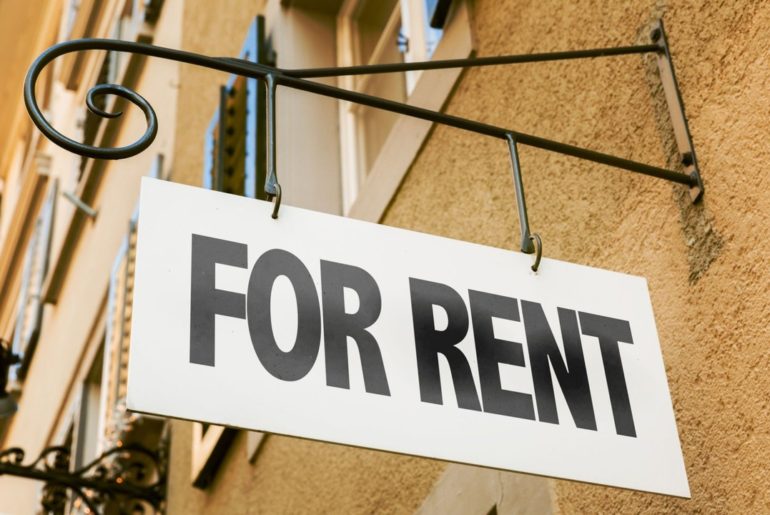Under fair housing proposals being floated, landlords would have to accept guarantors on behalf of unqualified tenants
The Fair Employment and Housing Council is part of the California Department of Fair Employment and Housing (DFEH), the top regulator in implementing California’s civil rights laws. This body is considering a number of proposals and interestingly, is considering a plan to force landlords to accept guarantors on behalf of tenants.
It’s well established that California’s Fair Employment and Housing Act protects rental applicants based on many categories, including source of income. Housing providers cannot, for example, refuse to rent to someone or otherwise discriminate against them, because they have a housing subsidy, such as a Section 8 Housing Choice Voucher, that assists in paying rent.
Under the banner of “source of income,” the Council is proposing to expand protections to rental applicants who have someone willing to act as a guarantor. It’s analogous to co-signing a loan. If the tenant is unable to pay the rent, a third party would guarantee that the rent is paid, or would they?
These so-called guarantors may be living outside of California or outside the country, for that matter. Take, for instance, an international student visiting the Bay Area and mom and dad are oceans away. Landlords and property managers would find it extremely hard to collect rent.
We can’t help but draw a parallel with the newly enacted Assembly Bill 3088, which converts rent debt into consumer debt recoverable through civil courts. We have said that even if a judgment is obtained, it may not be worth the paper it is printed on. Rent debt is not an attractive debt to chase and while we hate to be pessimists, we predict that many landlords looking to collect rent debt that accrued during the pandemic will find it to be an exercise in frustration and futility. This is especially true with tenants who already have marred credit and are not concerned about another blemish on their record. Arrears may end up on the desk of a collections attorney or agency. If it comes down to third-party collections, the landlord conceivably could get pennies on the dollar. 
Unqualified applicants welcome
Of course, property owners and managers have always used minimum-income standards when screening rental applicants – oftentimes, the yardstick is income three times the monthly rental amount. This proposal would disrupt the longstanding policy of ensuring stable income so that a prospective tenant has the ability to pay rent for the unit they are applying for.
Not surprisingly, both the California Apartment Association and the California Association of REALTORS® voiced strong opposition to the proposal. “The point of a guarantor is to essentially act as an insurer, who steps in only in the event of a default by the resident,” says Whitney Prout, CAA’s legal and compliance counsel and someone who chimed in on the proposal during a public hearing before the council. “Requiring housing providers to rent to unqualified applicants doesn’t help anyone – the property owner loses rental income, and the resident ends up in an unaffordable and unsustainable housing situation,” she went on to say.
Bornstein Law agrees with this sentiment. In a string of other blogs on fair housing policies, we have said that the envelope is constantly being pushed, in terms of what groups rise to the level of a “protected class,” but this proposal will impose an unacceptable risk to rental housing providers endeavoring to protect their investments.


















